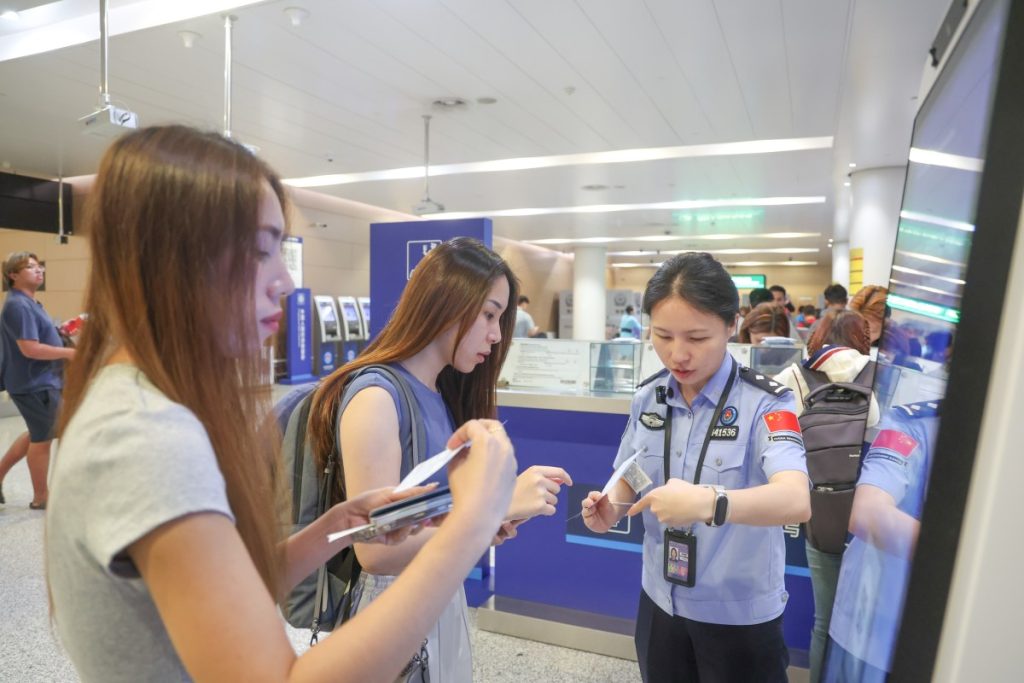Recent developments have brought alarming news regarding data security, particularly concerning travelers and residents in China. Researchers have identified a new malware tool, dubbed Massistant, developed by Chinese tech firm Xiamen Meiya Pico, which is being employed by authorities to extract sensitive information from confiscated mobile phones. This situation raises significant privacy concerns and highlights the need for vigilance among anyone traveling in or near China, as the potential for personal data breaches has never been greater.
Understanding Massistant: The Malware Tool
Massistant is described as sophisticated Android software designed for forensic data extraction. According to a report from Lookout, a mobile cybersecurity company, this tool allows authorities to collect a wide range of data from seized devices, including text messages from secure chat applications like Signal, images, location histories, audio recordings, and contacts. The tool must be installed on an unlocked device and operates in conjunction with a specialized hardware tower connected to a desktop computer.
While the specifics of how Massistant operates remain under wraps, Kristina Balaam, a researcher at Lookout, indicated that the malware’s presence is widespread, based on discussions found on Chinese internet forums. Balaam emphasized that travelers should be aware of the risks posed by this malware, which could lead to significant breaches of privacy. Since 2024, China’s state security police have had the legal authority to search through electronic devices without a warrant, a practice that has played a crucial role in the dissemination of tools like Massistant.
How Massistant is Deployed
Authorities deploying Massistant need only physical access to the targeted devices, which makes the malware particularly concerning for those traversing through border checkpoints or engaging with law enforcement in China. Balaam pointed out that when individuals have their devices confiscated, they are often compelled to grant access to them. “If somebody is moving through a border checkpoint and their device is confiscated, they have to grant access to it,” she stated, underlining the lack of stringent legal protections for digital privacy in such scenarios.
The potential consequences of having Massistant installed on a device are severe, as it could expose anyone’s private communications and data to unauthorized access. Reports from discussions on local forums echo concerns about individuals discovering the malware on their phones after interactions with police, highlighting the necessity for awareness and protective measures.
Implications for Travelers and Internet Safety
With the rapid advancement of surveillance technology, travelers and residents in China need to defend their personal information proactively. Although Massistant leaves behind evidence of its installation, allowing users to potentially identify and remove it, the effectiveness of such measures is negligible once the data has already been extracted. Users might detect the malware through applications or advanced tools such as the Android Debug Bridge, but by this point, the privacy violation has already occurred.
Concerns regarding this malware extend beyond just individual privacy. The ramifications of Massistant’s usage reflect broader geopolitical issues and the role technology plays in state surveillance. Xiamen Meiya Pico reportedly captures a substantial portion of the digital forensics market in China, and its products are tied directly to the government’s capacity for surveillance. In 2021, the U.S. government sanctioned Xiamen Meiya Pico for its involvement in supplying technology which enables invasive data collection by the Chinese government [U.S. Treasury].
Community Reactions and International Concerns
The revelations surrounding Massistant have sparked significant concern among cybersecurity experts and human rights activists. Many experts stress that this type of surveillance tool not only violates individual privacy but also undermines freedom of expression, especially for journalists, activists, and those critical of the government. Reports indicate that travelers, particularly from the West, should be cautious about their electronic devices and personal data when visiting China.
Furthermore, the growing ecosystem of spyware in China, as noted by Balaam, raises alarms about how widespread this issue is. “There are at least 15 different malware families that we track in China,” she noted, underscoring the need for increased cybersecurity awareness and protective strategies. As technology continues to evolve, the cat-and-mouse game between privacy advocates and surveillance authorities is likely to intensify, making it imperative for individuals and organizations to stay informed and adaptable.
Final Thoughts
As the line between convenience and privacy blurs, particularly in nations with stringent surveillance policies, individuals must remain cognizant of the potential risks associated with their devices. The emergence of Massistant is a troubling reminder of the lengths to which some governments will go to monitor their citizens and visitors. Awareness and proactive measures are crucial for protecting personal data in an increasingly connected world.

